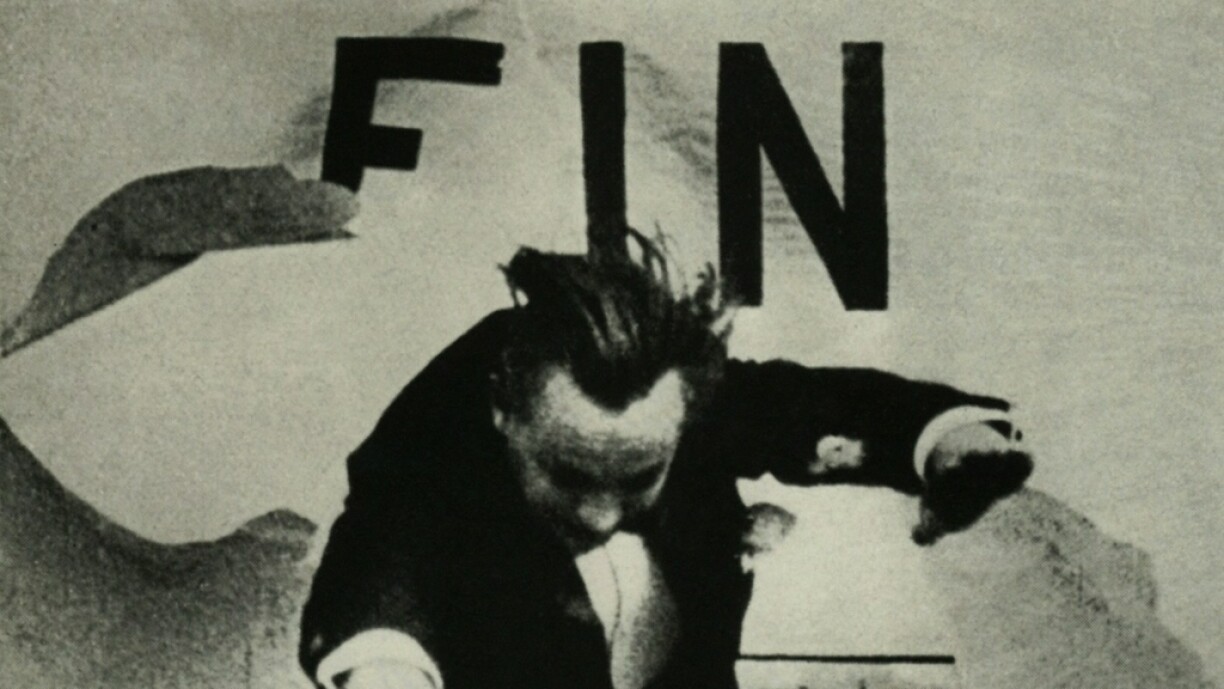
It is the year 2025 and sh*t is hitting the fan – globally. Unless you have been living under a rock for the past 20 years, you will know what I’m talking about.
If you have, (a small introduction to the fan-hitting sh*t in question) multiple genocides happening at this very instant. The most prominent among them surely: the extermination taking place in the Gaza Strip, not to speak of the one happening in Sudan, or the countless other wars such as the civil war in Congo and the horrific three-way war-dance between Russia, Ukraine, and the United States. Meanwhile, wildlife is going extinct at light-speed, polar bears are drowning, “entire ecosystems are collapsing”, and, as an added bonus, the far right is rising (again).
Roe v Wade is being overthrown in the US, people are being wrongfully and forcefully taken into custody and carted to “detention centres” because of their immigration status (sound familiar?), and women in Afghanistan are being systematically excluded from society and stripped of their basic human rights, right down to their right to speak in public.
But what does all this have to do with WWI art or Gen Z, you may ask.
Well, currently there is a trend circulating on social media – mostly TikTok and Instagram – in which Gen Z, i.e., people born between 1997 and 2012, are either indulgently made fun of or harshly criticised as being wildly unserious and insensitive regarding the woes of others.
The cause for this is content in form of clips of falling bombs edited to Nicki Minaj’s Starships, “get-ready-with-me for my first world war” videos (a tweak of the common GRWM-format), or, most notoriously, clips of people gesticulating dramatically to Michael Jackson’s Earth Song while outside during hurricane Milton.
While all these numerous trends and running gags (and there are A LOT) are arguably ridiculous, they deal with very serious and very real fears. The common denominator is their interaction with relevant political, environmental, or social horrors through a sense of humour that is often perceived as inappropriate, unserious, or downright offensive.
But is it really? The content creators in question don’t think so and neither do I.
As a member of Gen Z, I can confidently say that I’m fully and thoroughly exhausted of the sheer amount and unrelenting horrors that are currently in the news. For some time now, I find myself just not being shocked anymore.
To say that I’m taking everything in my stride is a definite overstatement, but there’s a current affliction most people my age (that I know of) suffer from, that I can only define as oversaturation. There is just no more room to put all the grief, the outright panic, all-encompassing rage, and helplessness. It’s just too much.
So, there’s only one thing left to do: to deflect with humour; and match the absurdity around us. I mean, for example: have you ever really thought about the ridiculousness of current politics? Or the absurdity of climate change?
Just think about it: the elected president of the United States – arguably the most powerful man on earth – is a known sex offender and criminal. We are aware that we are in the process of exterminating ourselves and we just continue to make it worse. Climate change activists have to convince people not to destroy their own habitat. We are, in this moment, actively poisoning ourselves.
Let that sink in. And when you have done so, I think you might notice that it’s so absurd... it’s kind of funny. Right? After all, we’re not the first ones to use humour, irony, and, most importantly, absurdity to respond to the horrors of the outside world.
At the outbreak of the first World War, Switzerland’s neutral positioning gave room to an anti-establishment art movement to develop and spread globally. Talk is of the Dada movement. Admittedly, a funny name for a politically oriented movement but just that was the point.
There are multiple theories and stories surrounding the origin of the movement’s name but one thing is certain: the artists and performers made a point of being as absurd as possible. Their mission was to undermine the ideology, tactics, and norms of so-called ‘civilised’ society that was responsible for the unprecedented bloodshed around them. Even in art.
And so came to be their “anti-art”. A counter-movement to the contemporary culture of war, thereby not an art style, but a complete parting with traditional art. The result were nonsensical imagery, and bizarre sculptures, collages, and performance art, but also political posters such as John Heartfield’s Adolf - Der Übermensch.
Their movement paved the way for later movements, such as Surrealism which dealt with post-war trauma and a sense of disillusionment towards society. Comparatively, many people express a sense of surrealism at this very moment in time in which living life ‘normally’ while others starve, are bombed, and the world is burning seems impossible.
And so, in lieu of just playing dead and hoping it’ll all just go away, or focusing on positive news to be able to function, one part of the Gen Z demographic opts for inappropriate humour and idiotic jokes instead.
People keep saying our generation is so unserious but, at the end of the day, we will be the ones having to survive a catastrophe we were desperately unlucky enough to inherit.